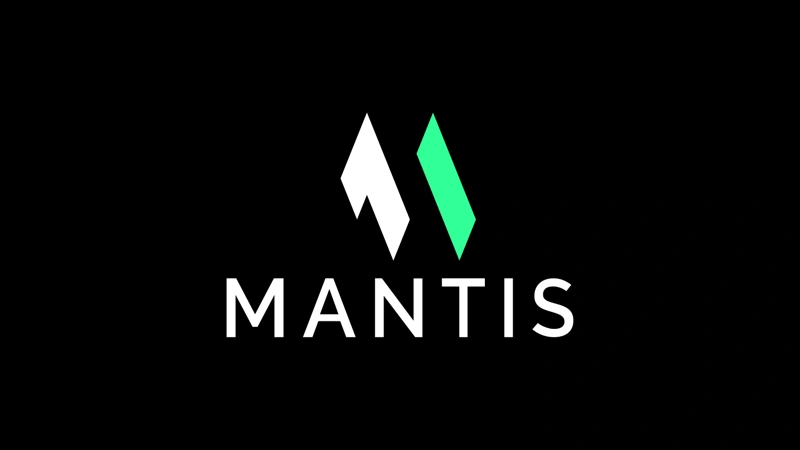The federal government has raised the HECM maximum, which may give seniors access to more cash.
A 21st century sequel to the TV series Golden Girls could dedicate an entire episode to reverse mortgages. It would look something like this: Blanche has run into hard times, and is considering selling her Miami home. In a plot twist, a new president's stimulus plan ushers in an increase to the maximum limit on reverse mortgage loans. But will it be enough to allow Blanche to raise the necessary cash? Tune in to find out.
Stimulus perks for seniors
Barack Obama's presidency already has the qualities of good television; there's drama, crisis, and turmoil, topped off with a good bit of hope. Much of that hope is linked to the president's stimulus program, which enacted legislation to benefit almost every segment of society. One law increases the maximum limit on FHA-insured reverse mortgages, also known as Home Equity Conversion Mortgages (HECMs).
The new nationwide HECM limit is $625,000, up from the former cap of $417,000. The higher limit will be in effect for 2009 only, unless Congress votes to extend it. This senior-friendly legislation follows changes last year that established limits on reverse mortgage origination fees.
Retirement planning tool
The reverse mortgage is an important planning tool for seniors who are equity rich and cash poor. It's a home equity loan that doesn't require repayments until the borrower no longer resides in the property. Typically, the reverse mortgage loan is repaid with proceeds from a home sale.
Higher limits on lower real estate values
The higher HECM limit unfortunately won't always translate directly into more cash for seniors. This is because the legal limit isn't the only factor that determines the size of the loan; the senior's age and home equity balance are important, also.
Age is significant, because the mortgage interest on an HECM is added to the loan balance over time. Technically, the HECM maximum doesn't allow seniors to obtain $625,000 in cash upfront; it actually allows seniors to owe, inclusive of accrued interest, up to $625,000. In other words, the opening HECM loan balance must be low enough to allow the interest to accrue such that the total debt doesn't exceed $625,000. Younger seniors, therefore, qualify for lower loan amounts, because the mortgage interest is expected to accrue over longer periods of time.
Home equity is important, too, because the unencumbered value of the home has to support the growing debt balance. According to the National Association of Realtors, the median U.S. home sales price in the fourth quarter of 2008 was just shy of $200,000. A senior whose home is worth $200,000 obviously isn't going to get a $625,000 HECM, or even a $417,000 one.
If Golden Girl Blanche Devereaux is now age 77, and her Miami home is worth about $285,000, a HECM could provide her with roughly $192,000 in cash. Viewers will have to tune in next week to find out if that's enough to support her racy retirement lifestyle.





